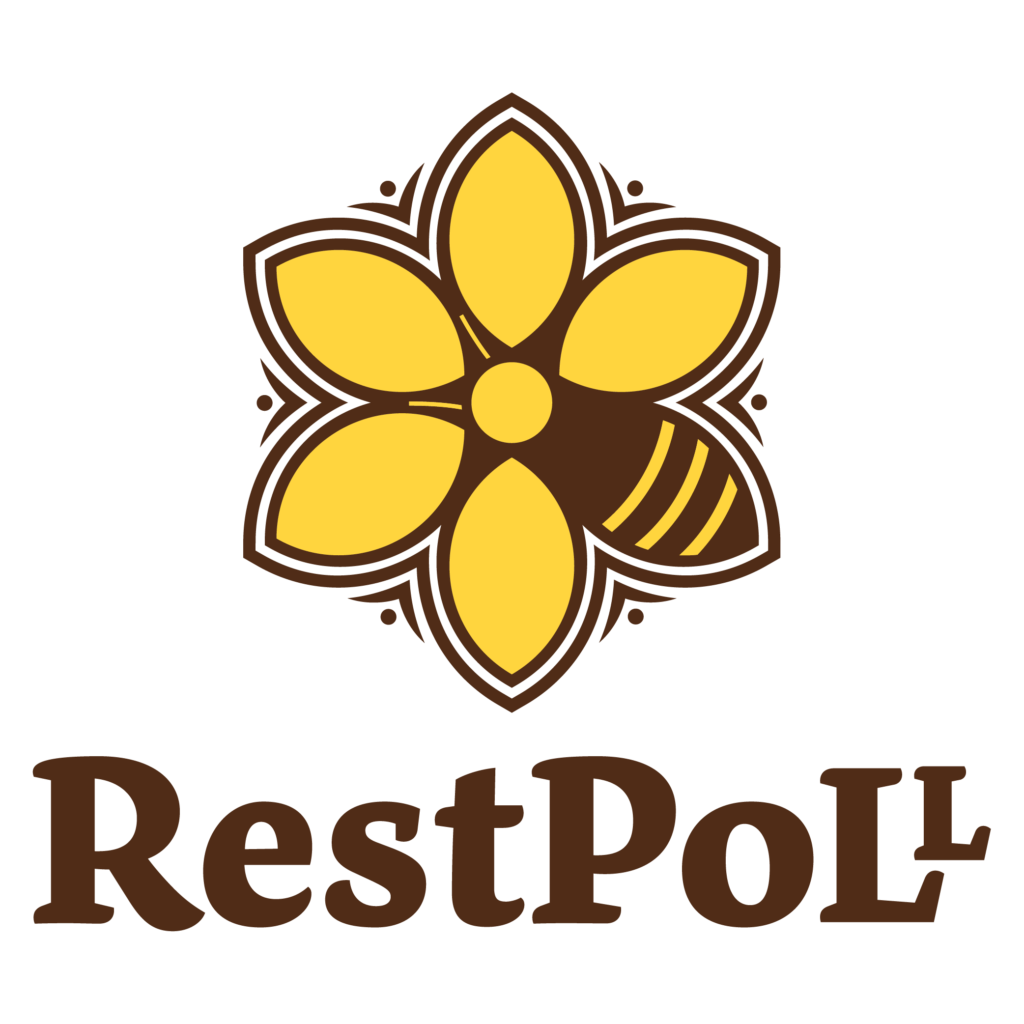Restoring pollinator habitats across European agricultural landscapes
based on multi-actor participatory approaches
Ambition of our pan-European project RestPoll
Substantially and permanently restore more wild pollinator habitats and enhance the connectivity of habitats in Europe, by strengthening society-wide capability to reverse wild pollinator decline and stabilise pollination services and their societal benefits
Permanently restore pollinator habitats
Agricultural land use, covering by far the largest proportion of terrestrial land modified by human activities, is crucial for feeding humanity, and the decisions on how farmers manage their land are a major driver for biodiversity change.
In order to counteract pollinator decline and thus also the pollination services, our pan-European project RestPoll aims to permanently restore pollinator habitats in Europe and enhance their connectivity.
This is important not only for agricultural yields and food security, but also for wild plants and other organisms that directly or indirectly depend on pollinators.
Partners
24 research institutions, two ministries, three partners from industry, one NGO and one national park from a total of 16 countries are directly involved in the project.
Latest news
Related publications
- Stakeholders’ views on sustaining beekeeping: a comparison of traditionally and intensively managed landscapes in Ukraine. - Fedoriak M, … Zhuk A, Angelstam P (2021)
- Management-dependent effects of pollinator functional diversity on apple pollination services: a response-effect trait approach. - Roquer-Beni L, … Rodrigo A, … Bosch J (2021)
- Maintaining natural and traditional cultural green infrastructures across Europe: Learning from historic and current landscape transformations. - Angelstam P, et al. (2021)
- Management trade-offs on ecosystem services in apple orchards across Europe: Direct and indirect effects of organic production. - Samnegård U, Alins G, et al. (2019)
- Pollinator monitoring more than pays for itself. - Breeze TD, … Garratt MPD, … Potts SG, et al. (2021)







